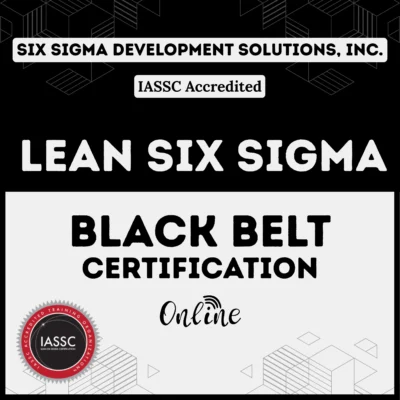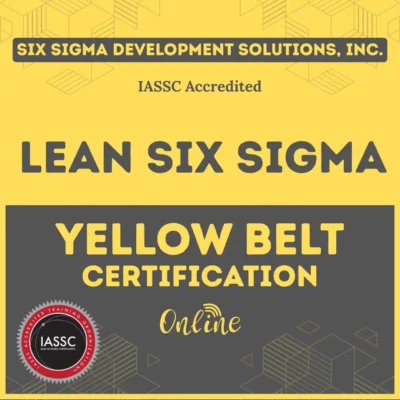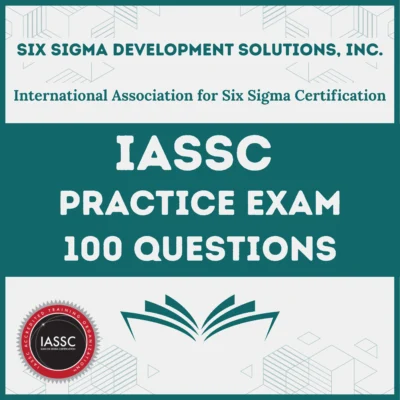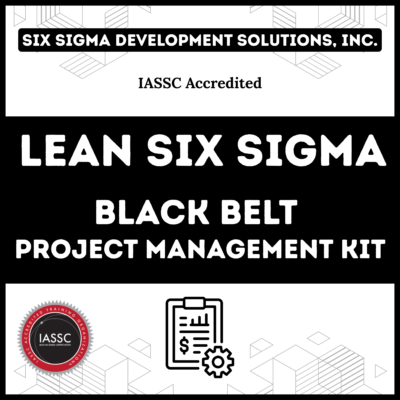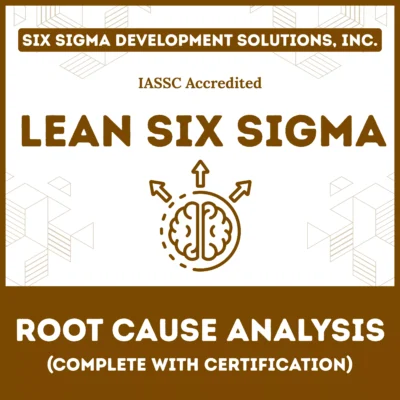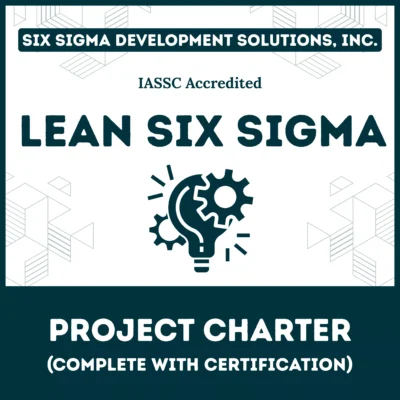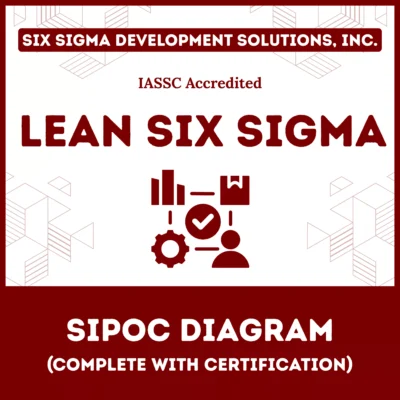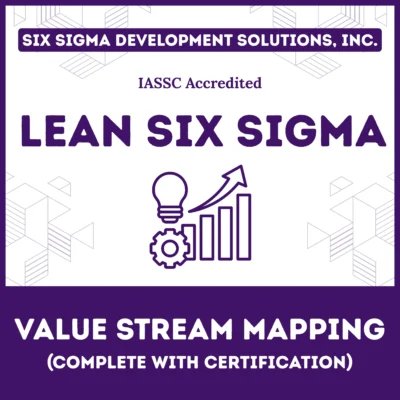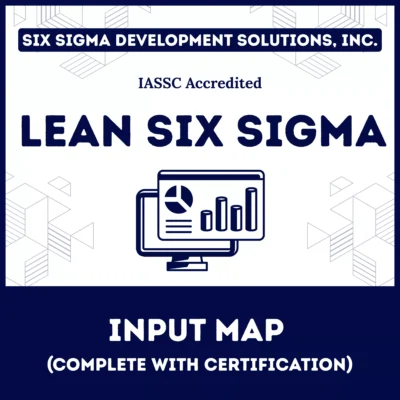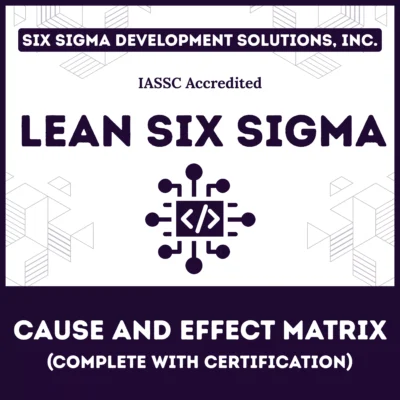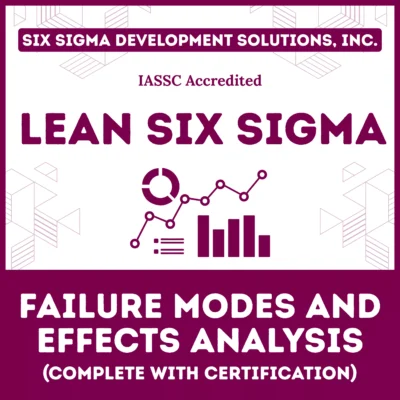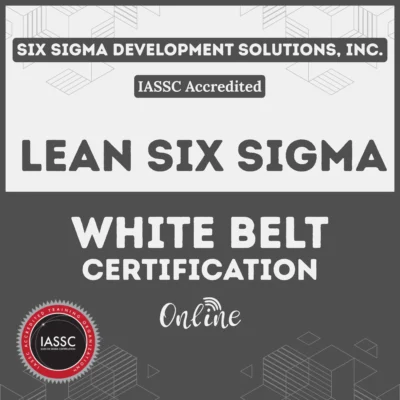A change agent encourages and facilitates change within an organization or group. In business, they support and promote a new way to do something within a company. This could be adopting new processes, new management structures, or converting an existing business model into a new one.
External vs. internal change agents
Many managers and executives expect to be change agents in their organizations. They do not have to be high-ranking employees. An agent of change can be any lower-ranking worker with the skills, characteristics, and authority necessary to guide others through the process. An external change agent, often a consultant hired for a project, can also serve as one.
While change agents may be from any position within an organization, they are usually well-respected by those impacted by the adjustments and well-informed about all aspects of the project, the company, and the people involved.
What do change agents do?
No matter what job title or position they may hold, the individual who accepts the responsibility of being one is responsible for:
- Promoting the value of the organizational transformation;
- Creating a plan for how the transformation will occur;
- Assisting others in the process of transformation.
- Ensure that new procedures, processes, and structures are implemented in a way that delivers the expected value.
A change agent acts as a link between the leadership of an organization that sponsors an initiative and the people affected by it. They help to explain the reasons and answer questions. He or she also persuades others about the necessity of the initiative.
Roles and responsibilities of change agents
A change agent is responsible for a variety of tasks that are necessary to achieve these objectives. These responsibilities should begin when leadership takes on an initiative. This allows them to contribute to the implementation strategy and decision-making process.
A change agent can also be assigned at the beginning of an initiative. The agent’s goals, responsibilities, and metrics for success are included in the project plan.
They can be assigned the following tasks:
- Describe why and how people will be affected by the changes.
- Promoting the change initiative
- dissemination of information
- Highlighting the potential benefits and drawbacks to proposed initiatives
- Anticipating and evaluating potential disruptions or disputes;
- Developing strategies to counteract these potential areas of disruption or dispute;
- Get feedback from leadership and then send back the results.
- Serving as a point person, available to listen to and answer questions.
- Assisting stakeholders and the impacted individuals.
- Mediating points of contention
- Monitoring and managing the objectives of the change agent’s project.





